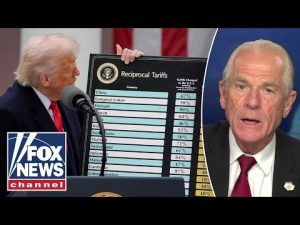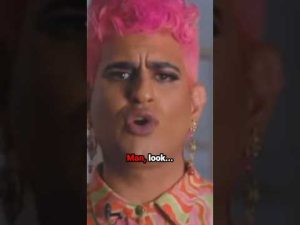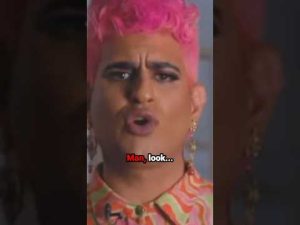In a disturbing case that highlights the tension between personal responsibility and the rule of law, former UFC star Cain Velasquez has been sentenced to five years in prison. This decision stems from his involvement in a shooting incident related to the protection of his family. Velasquez pleaded no contest after chasing down a vehicle he believed was carrying a man who had allegedly molested one of his relatives. The sentencing raises serious questions about justice, family protection, and what happens when individuals feel they must take matters into their own hands.
The events unfolded in February 2022 when Velasquez tracked down a vehicle containing Harry Goularte, along with Goularte’s mother and stepfather. In a moment driven by rage and desperation, Velasquez fired shots at the vehicle, unintentionally striking Goularte’s stepfather. While Velasquez’s intentions can be understood from a familial perspective, the consequences of his actions are clear. We cannot condone vigilante justice, no matter how justifiable the feelings behind it may seem.
Velasquez’s lawyer argued for probation rather than prison time, suggesting that he should be released given the circumstances surrounding the case. However, the judge ultimately decided on a prison sentence, and it’s expected that Velasquez will serve about a year due to time already served. Herein lies the contradiction in our system: while the law must be upheld, it often fails to adequately account for the human elements at play. In a case involving safeguarding children from harm, many feel that the punishment does not fit the crime of a concerned family member acting out of sheer desperation.
One cannot help but ponder the broader implications of this case. Velasquez’s actions, though unlawful, were born out of a deeply ingrained instinct to protect loved ones. In a society that increasingly sees criminals get leniency, many are left frustrated by the idea that someone who was trying to protect their family ends up in prison. The emotional turmoil that drives someone to take such drastic steps should compel us to reassess how we address these troubling scenarios. It’s essential to evaluate whether our laws adequately prioritize the protection of children and families.
This incident brings to light the growing divide in beliefs about justice and personal conduct. On one hand, the law must serve to maintain order and discourage crime. On the other, there is a palpable frustration among many citizens who see crimes against children as some of the most heinous acts imaginable. What happens when the law fails to provide protection or justice? Should individuals have the right to take matters into their own hands? While the consequences can be severe, it’s clear that a conversation about the efficacy and compassion within our legal system is urgently needed.
In summary, Cain Velasquez’s case showcases the complexities at the intersection of justice, personal responsibility, and familial duty. As the nation grapples with questions of accountability and fair treatment, it is vital to ensure that the law and its enforcers do not overlook the fundamental need to protect the innocent. In a world where justice sometimes feels out of reach, understanding the deeper motivations behind actions like Velasquez’s can inform a more humane and effective approach to law.







